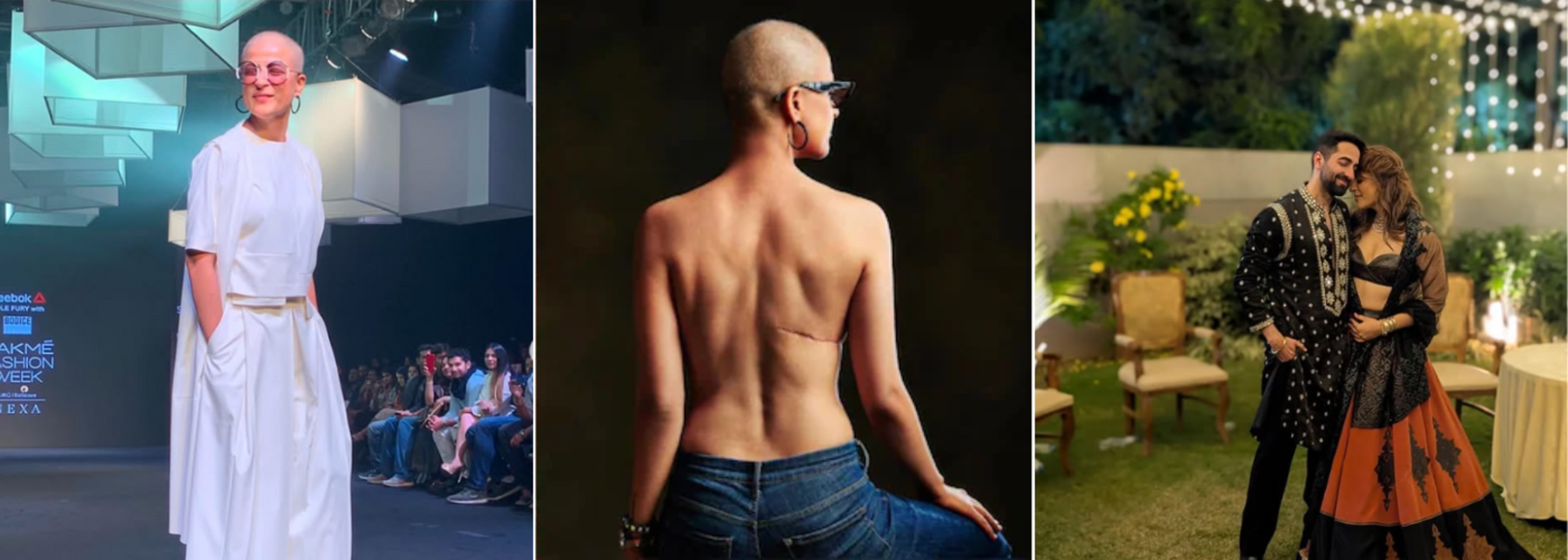Tahira Kashyap's Cancer Relapsed: Why Do Some Cancers Return?

Credits: Instagram/ @tahirakashyap
SummaryFilmmaker Tahira Kashyap, a breast cancer survivor, revealed her cancer has returned after seven years. Her diagnosis highlights the importance of regular screenings and follow-ups in detecting cancer recurrence early.
End of Article
